In today's fast-paced and ever-changing business world, companies need efficient and effective tools to manage their operations.
In today's fast-paced and
ever-changing business world, companies need efficient and effective tools to
manage their operations. Enterprise Resource Planning (ERP) software is a
powerful solution that provides a complete business management system for
organizations. In this article, we will discuss the benefits of ERP software
and how it can help organizations achieve their goals.
What is ERP Software?
ERP software is an integrated
system that enables organizations to manage all aspects of their business
operations, including finance, sales, inventory, manufacturing, human
resources, and customer relationship management. ERP software provides
real-time information, streamlines processes, and enhances communication
between departments, resulting in improved productivity and profitability.
Benefits of ERP Software
Implementing ERP software provides numerous benefits for organizations. Here
are some of the most significant advantages:
Streamlined Business Processes
ERP software automates business processes, reducing manual intervention and the
risk of errors. By streamlining processes, organizations can improve
efficiency, reduce costs, and increase productivity.
Real-Time Information ERP software
provides real-time information on business operations, enabling organizations
to make informed decisions quickly. Real-time information is especially
critical for organizations that operate in dynamic environments where quick
decision-making is essential.
Enhanced Communication ERP
software enhances communication between departments by providing a centralized
platform for information sharing. This reduces the risk of miscommunication,
errors, and delays in decision-making.
Improved Customer Service ERP software
enables organizations to provide better customer service by providing access to
customer information and streamlining the order fulfillment process. By
providing excellent customer service, organizations can improve customer
satisfaction and loyalty.
Better Financial Management ERP
software provides a comprehensive view of an organization's finances, including
accounts receivable, accounts payable, and general ledger. This allows
organizations to make informed financial decisions and reduces the risk of
errors in financial reporting.
Increased Collaboration ERP
software facilitates collaboration between employees by providing a centralized
platform for sharing information, documents, and data. This enhances teamwork,
reduces duplication of effort, and increases productivity.
Choosing the Right ERP Software Choosing the right ERP
software is critical for organizations.
Here are some factors to
consider when selecting ERP software:
Scalability the ERP software
should be scalable to accommodate the organization's growth and changing
business needs.
Customization the ERP software
should be customizable to fit the organization's specific requirements.
User-Friendly the ERP software
should be user-friendly, with an intuitive interface that is easy to navigate.
Integration the ERP software
should integrate with other software systems used by the organization.
Support and Training the ERP
software vendor should provide comprehensive support and training to ensure the
organization can use the software effectively.
ERP Software Modules
ERP software typically consists
of several modules that cater to specific business processes. Here are some of
the most common ERP software modules:
Financial Management The
financial management module is one of the most critical modules in ERP
software. It provides a comprehensive view of the organization's finances,
including accounts payable, accounts receivable, general ledger, cash
management, and financial reporting.
Sales and Marketing The sales
and marketing module manages the organization's sales processes, including
customer relationship management, sales forecasting, order processing, and
invoicing. It also tracks marketing campaigns, lead generation, and customer
interactions.
Inventory Management The
inventory management module tracks inventory levels, orders, receipts, and
deliveries. It also provides real-time information on inventory levels,
allowing organizations to make informed decisions on stock levels and
reordering.
Production Management The
production management module manages the organization's manufacturing
processes, including production planning, scheduling, and control. It also
tracks production costs, quality control, and maintenance schedules.
Human Resources Management The
human resources management module manages employee data, including payroll,
benefits, performance reviews, and training. It also tracks compliance with
labor laws and regulations.
ERP Software Deployment Options
ERP software can be deployed in
several ways, depending on the organization's needs and resources. Here are the
most common deployment options:
On-Premises deployment involves
installing the ERP software on the organization's servers and managing it
in-house. This requires a dedicated IT team to manage and maintain the software.
Cloud-Based deployment involves
hosting the ERP software on a cloud server and accessing it through the
internet. This eliminates the need for in-house servers and IT staff, and the
vendor manages software updates and maintenance.
Hybrid deployment involves a
combination of on-premises and cloud-based deployment. Organizations can deploy
some modules on-premises while using cloud-based modules for others.
Choosing the right deployment
option depends on factors such as the organization's IT infrastructure, budget,
and security requirements.
Conclusion
ERP software is a powerful
solution that provides a complete business management system for organizations.
It streamlines business processes, provides real-time information, enhances
communication, improves customer service, and increases collaboration. Choosing
the right ERP software requires careful consideration of factors such as
scalability, customization, user-friendliness, integration, and support and
training. ERP software typically consists of several modules that cater to
specific business processes, and deployment options include on-premises,
cloud-based, and hybrid. By choosing the right ERP software and deployment
option, organizations can improve efficiency, reduce costs, and achieve their goals
in today's competitive business environment.

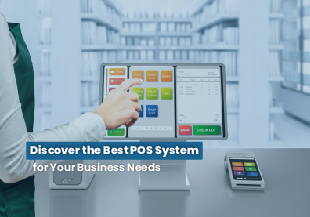
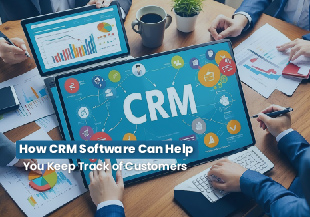
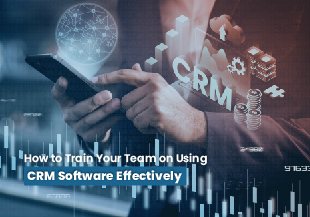
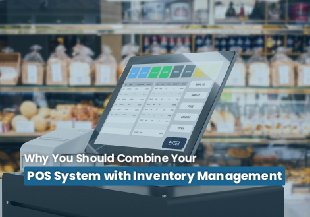
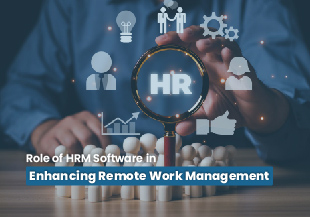
 Chat with Prismatic Bot
Chat with Prismatic Bot